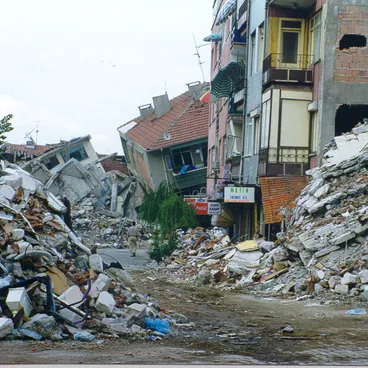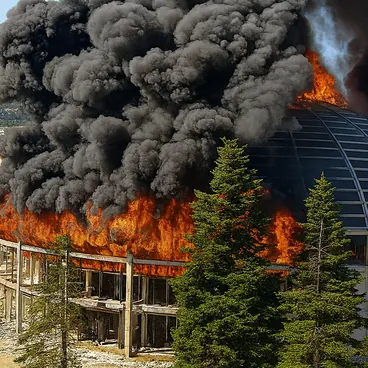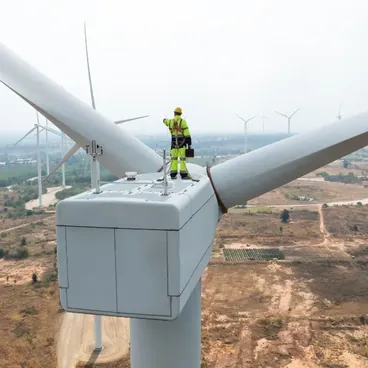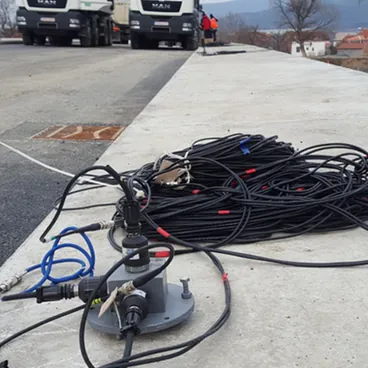Departments
Our Curriculum Overview
A Commitment to Excellence

Earthquake Engineerin
Earthquakes rank among the most destructive natural hazards, striking with little or no warning and causing severe loss of life and major economic disruption. Modern earthquake engineering emerged as a distinct discipline in the mid-twentieth century and has advanced rapidly since the 1960s. Our Department prioritizes the seismic safety of buildings and civil infrastructure, integrating analytical modelling, experimental testing, and field observations to assess risk and develop effective mitigation strategies.

Environmental Hazards
& Engineering
Effective adaptation to climate change requires a robust understanding of both the manifestations of global warming and the risks they entail. The Institute investigates climate-change dynamics and their interactions with environmental pollution, with a view to assessing impacts and informing risk-reduction strategies. Natural hazards relevant to our work are grouped into three principal categories: Geological hazards: landslides, avalanches; Meteorological hazards: droughts, heatwaves, snowstorms, severe storms (including hail, and tornadoes); Hydrological hazards: riverine and flash floods. We also examine wildfires , which may be triggered or exacerbated by climatic and human factors. Across these domains, the Institute integrates monitoring, modelling, and policy-relevant analysis to support evidence-based adaptation.

Green Engineering
The Center’s primary focus is research that enables rapid and sustained CO₂ reduction by advancing a renewable- and clean-energy economy. We prioritise green (eco) technologies that displace fossil fuels through large-scale deployment of solar, wind and hydropower, complemented by energy storage and smart grid integration. The Institute conducts applied research on building energy efficiency—covering diagnostics, retrofit strategies, and performance verification—and surveys the current penetration and techno-economic potential of renewable electricity. To support near-zero-carbon buildings, the Department develops whole-building energy analyses (including demand profiling, passive design measures, and high-efficiency systems). Collectively, this work targets deep decarbonisation of the built environment and contributes indirectly and directly to mitigating global warming.

Monitoring Lab
Develops non-destructive testing (NDT) methods to determine concrete strength parameters and to identify the number, spacing, and diameter of embedded reinforcement. Designs sensors and in-situ techniques for estimating the dynamic properties of structures (natural frequencies, mode shapes, damping). Performs building energy-efficiency diagnostics using infrared thermography and complementary measurements. Applies environmental monitoring methods for pollutant quantification (indoor/outdoor). Conducts geophysical/NDT investigations, including ultrasonic pulse velocity and tomography for concrete quality and crack detection, rebar cover mapping and layout verification, and thickness/corrosion assessment of steel elements (e.g., ultrasonic thickness gauging, magnetic/eddy-current and electrochemical techniques).
